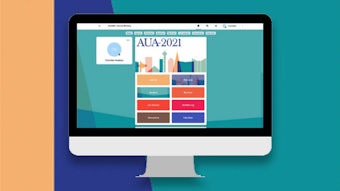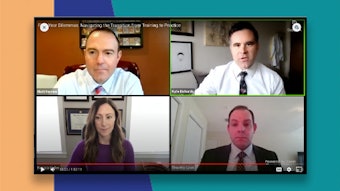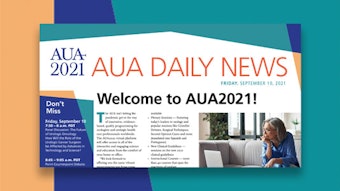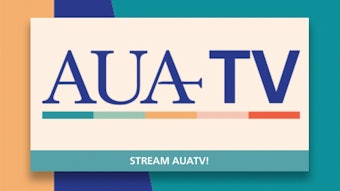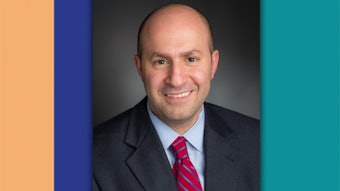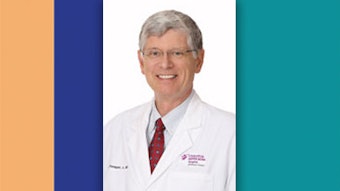Social Media: Sending the Right Message
Tips for optimizing social media platforms to achieve the right kind of results.
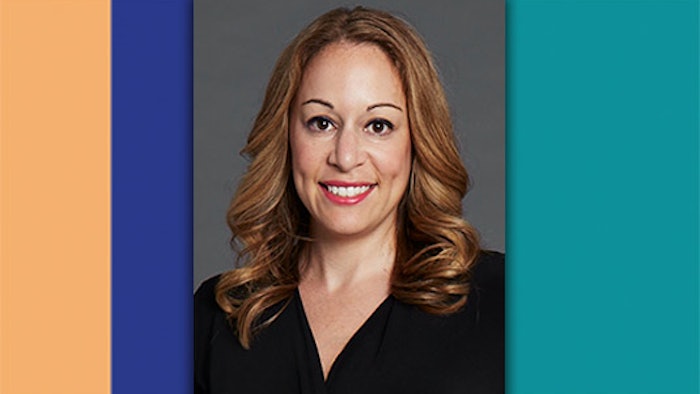
It shouldn’t come as a shock that social media can play a pivotal role in your career—whether you choose to use it professionally or not. Discussing sexual medicine in such a public forum presents a completely different minefield than most other specialties must navigate. The tricky subject matter requires careful consideration, but it’s still possible to use social media as a tool to extend the impact of your work.
Prior to the AUA Annual Meeting, Stacy Loeb, MD, PhD, MSC, professor of urology and population health at New York University, sat down with the editors of the AUA Daily News to discuss the challenges of social media. She spoke to the Society of Academic Urologists about the use of social media for scholarship on Thursday. Here, she offers tips for optimizing social media platforms to achieve the right kind of results.
Q. What makes sexual medicine different from other specialties when it comes to social media?
Dr. Loeb: There is a large volume of information about sexual medicine on social media. Unfortunately, studies have shown that a significant amount of widely viewed content about topics such as erectile dysfunction and male hypogonadism are of poor quality. Therefore, I believe it is very important for sexual medicine experts to actively engage in social media and to help disseminate evidence-based information to the public.
Q. How do you personally use social media to reach your intended audience?
Dr. Loeb: I use social media extensively to stay up to date with the latest published research in the field and to network with colleagues. I also use social media to share our research with a broader audience and to meet other stakeholders with similar interests. Important ways to reach a target audience are through the targeted use of hashtags related to the topic and by engaging in social media during conferences and other temporal events.
Q. Do you have any tips or tricks for getting positive engagement?
Dr. Loeb: Avoiding excessive hashtags and using images in the post are associated with better engagement. Engaging with others is also extremely important. Social media is meant to be interactive, rather than a one-way stream.
Q. Do you have any suggestions for someone who is getting started with a social media presence?
Dr. Loeb: For urologists and other health care providers who are looking to get started with social media, I recommend reviewing the professional guidelines on social media use. For example, the American Urological Association, European Association of Urology and BJU International have published guidance on social media use. These include important principles such as respecting patient confidentiality. It is also helpful to spend some time watching how others use the platform effectively.
Search #AUA21 to stay connected at the Annual Meeting.
Visit AUA2021 Daily News Online for more articles.
